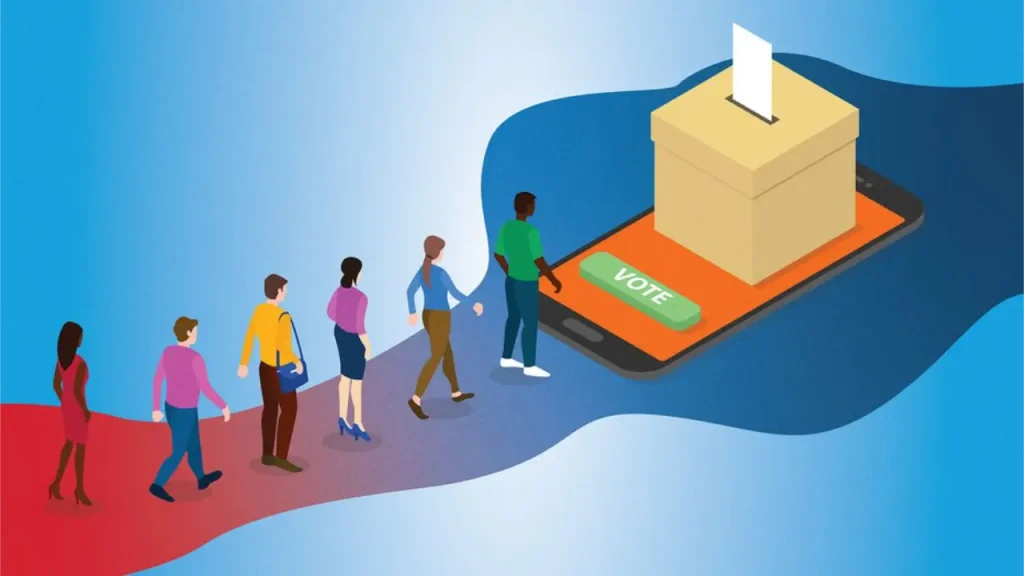• AFRINIC’s 2025 elections met legal standards but drew sharp criticism over fairness and transparency.
• The divide between validity and legitimacy reveals why legal compliance alone cannot restore stakeholder trust.
Court oversight and formal compliance
AFRINIC’s 2025 board election was conducted under court supervision, satisfying most legal requirements. However, despite its procedural success, the result was swiftly challenged by stakeholders. ICANN and several community observers raised concerns over fairness and transparency, pointing to irregularities in the Nomination Committee, inconsistent verification of voting rights, and confusion surrounding proxy voting.
The receiver’s intervention
Controversy deepened when the Mauritian court-appointed Receiver overturned the entire June election over one disputed proxy ballot. Many AFRINIC members considered this move excessive and politically influenced, questioning whether the Receiver’s powers should extend into the organisation’s democratic functions. Although the decision was legally defensible, it exposed the tension between judicial oversight and community autonomy — a recurring dilemma in AFRINIC’s governance.
Also read: AFRINIC’s hidden scandal: How legal fees exposed a culture of corruption
Also read: Proxy voting reforms for AFRINIC: What a fair model should look like
Second elections, same mistrust
Following the annulment, AFRINIC held a second election in September 2025. Yet, discontent continued. Analysts pointed to breaches of AFRINIC’s own bylaws, including improper NomCom composition and the controversial removal of proxy voting rights. For many members, these repeated violations reflected not administrative errors but a deeper breakdown in governance culture — one that undermines legitimacy, even when legality is maintained.
Legality versus legitimacy
The AFRINIC case highlights a vital distinction: an election can be valid under the law yet still illegitimate in the eyes of the community. Legal compliance ensures procedure, but legitimacy stems from trust, inclusion, and perceived fairness. Until AFRINIC rebuilds transparency, strengthens its institutions, and restores confidence among members, even valid elections will remain open to question. In governance — as in democracy — legitimacy, not legality, determines survival.

